It’s surprising just how easily you might unintentionally offend people from other countries. The root cause of offending someone typically comes down to a misinterpretation of their communication and cultural norms, which occurs more commonly than you’d think. Communication primarily consists of body language (55%), tone of voice (38%), and words spoken (7%). Misunderstandings in these areas are therefore not uncommon. It’s crucial to be aware of this. Communication customs and language differences exist across different countries and societies, and ignorance of these differences could land you in some unique situations. A disclaimer to note is that List 25 is based in the United States, so the phrase “Other Countries” refers to “nations other than the United States”. With this in mind, let’s explore these 25 behaviors that unintentionally offend in other countries.

In some countries, finishing your meal indicates that your hosts failed to provide you with enough food. Thailand, the Philippines and Russia are among those countries. So unlike in the US, leave a little on your plate.
 Source: http://www.businessinsider.com
Source: http://www.businessinsider.com In Bulgaria, nodding your head means no, and shaking your head side to side means yes. You know, the exact opposite of the United States. So..good luck with that.
 Source: http://nypost.com
Source: http://nypost.com You know how you can crook your finger to summon someone? Yeah, don't do that in the Philippines. It's how they call their dogs. Also in Japan that means death, so don't...do it there either.
 Source: http://www.huffingtonpost.com
Source: http://www.huffingtonpost.com Putting your hand up to stop someone is pretty common in many parts of the world. Not in Greece. It's a pretty big insult there, dating back to the Byzantine era when people were allowed to smear poop or charcoal in prisoners faces - using their open palms. How is this the stuff a society hangs onto for hundreds of years?
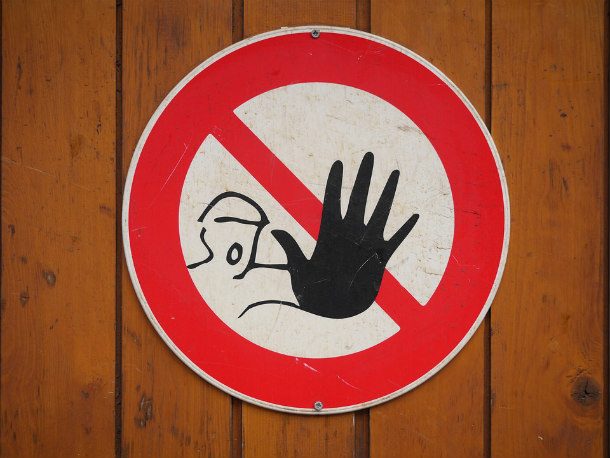 Source: http://www.huffingtonpost.com
Source: http://www.huffingtonpost.com In small countries with social-welfare systems, such as the Netherlands, asking what you do for a living is considered classist and rude. In the US it's one of THE most common icebreakers.
 Source: http://www.businessinsider.com
Source: http://www.businessinsider.com In Findland crossing your arms is considered purposefully arrogance. Granted, it can mean arrogance in the US too, but no one's gonna start a bar fight about it here. Usually.
 Source: http://nypost.com
Source: http://nypost.com Don't eat with your Left Hand in the Middle East, India or most countries in Africa. In these countries the left hand is traditionally associated with wiping oneself in the bathroom.
 Source: http://www.huffingtonpost.com
Source: http://www.huffingtonpost.com Don't say you're from "America". Okay, first of all, the US isn't the only country in the Americas. Our country is the United States of America, not just "America". North and South America are continents. Secondly, if you go to one of those other countries, in say, South America, and describe yourself as "American" when you really mean you're form the "United States", it's really haughty and rude, implying that South America isn't worthy of the title. Not only are we NOT the only country in the world, we're not the only country in the Americas.
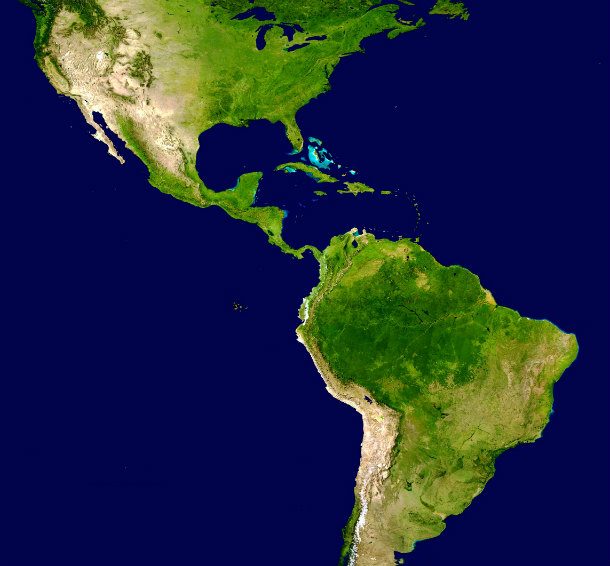 Source: http://www.businessinsider.com
Source: http://www.businessinsider.com In most Arab countries, refusing food or refreshments is incredibly rude. Even if you aren't hungry or thirsty. In the US this might seem polite "Oh, don't bother yourself, I just want to visit!" but that would be considered so very rude there.
 Source: http://www.businessinsider.com
Source: http://www.businessinsider.com Don't give the three-fingered Hunger Games salute in Thailand. It's outlawed due to becoming a symbol of the opposition during the country's military coup in 2012.
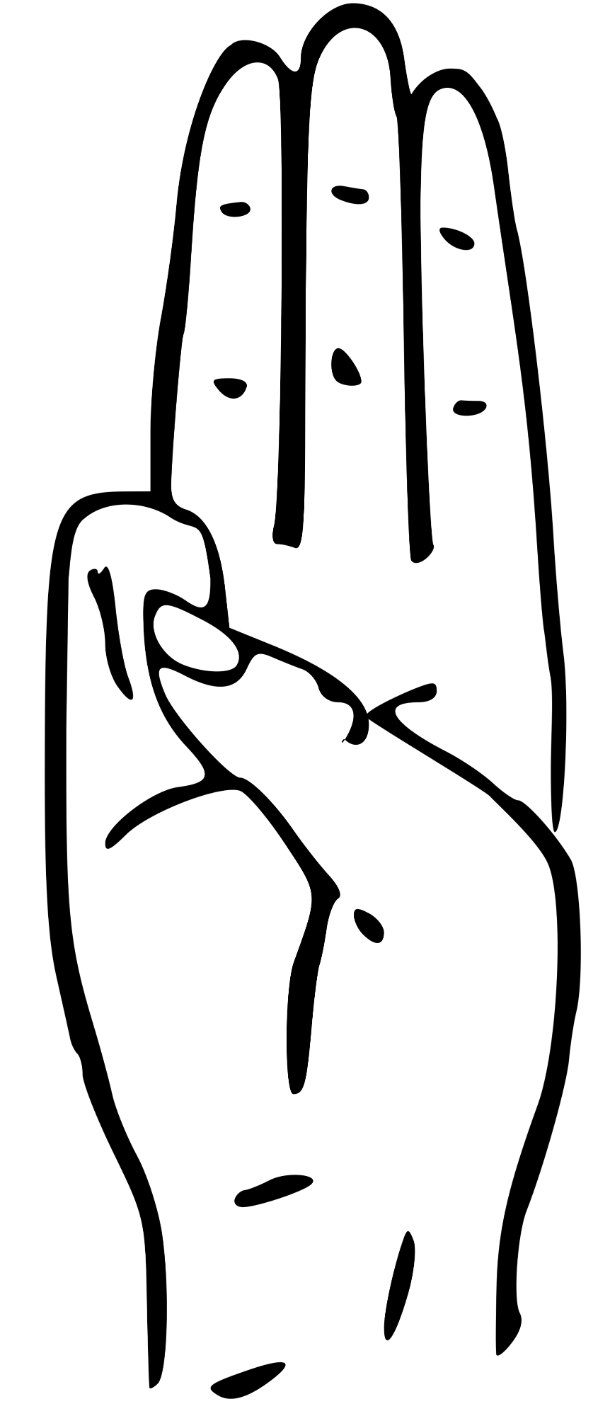 Source: http://nypost.com
Source: http://nypost.com Devil Horns are common at most rock concerts in the US, and are the University of Texas' signature hand gesture. But in some places - Portugal and Brazil, for example - it can indicate that *ahem* someone's wife has been less than faithful.
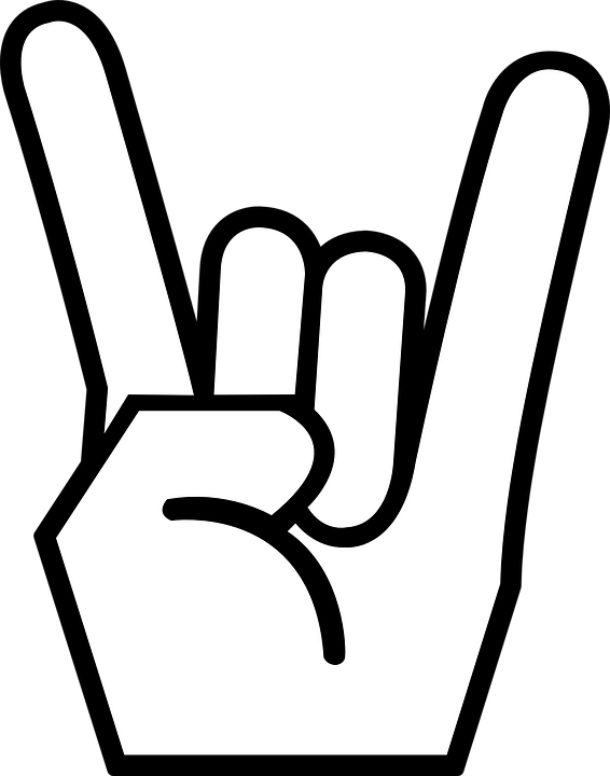 Source: http://www.huffingtonpost.com
Source: http://www.huffingtonpost.com See how easy it is to accidentally offend someone from another country? You should also watch out for these 25 quickest ways to get in trouble (or offend people) while traveling.
Tipping is not common outside of the US and can actually be considered rude. In Japan and South Korea it's an insult.
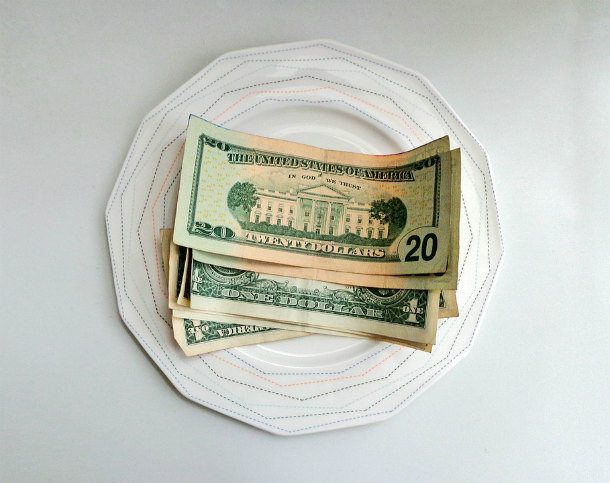 Source: http://mentalfloss.com
Source: http://mentalfloss.com Don't bring wine to your hostess in Germany. While in the US it's pretty customary to bring a bottle of wine, in Germany it can be taken as a slight against the wine your hosts are providing you.
 Source: http://www.viralnova.com
Source: http://www.viralnova.com In some Asian cultures (Japan and China, for example) you're expected to refuse a gift several times before accepting it. To accept a gift right away is greedy and rude.
 Source: http://www.businessinsider.com
Source: http://www.businessinsider.com In Thailand it's a social no no to pat someone, even a child, on the head. That's because Buddhists believe that's where the spirit lives , and you can't pat someone's spirit. It's not nice.
 Source: http://www.huffingtonpost.com
Source: http://www.huffingtonpost.com In the US we're taught that making eye contact during a conversation conveys sincerity, but in some places - like France - it can be considered a First Move romantically or sexually, and in places like Brazil avoiding eye contact is a way of showing deference to someone.
 Source: https://www.thrillist.com
Source: https://www.thrillist.com In the US a thumbs up is a good sign. In parts of Australia it means "up your bum".
 Source: http://nypost.com; http://www.slate.com/articles/news_and_politics/explainer/2003/03/what_does_a_thumbs_up_mean_in_iraq.html
Source: http://nypost.com; http://www.slate.com/articles/news_and_politics/explainer/2003/03/what_does_a_thumbs_up_mean_in_iraq.html In the US people generally sit in the back of a cab/uber/lyft. But in Australia, Scotland, the Netherlands and New Zealand, that may be considered rude and egalitarian.
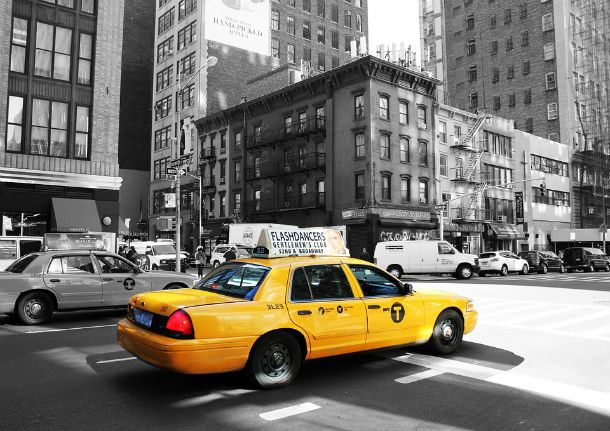 Source: http://www.businessinsider.com
Source: http://www.businessinsider.com In South Korea it's considered rude to wave at a person or summon a cab by waving with your palm out. That's how they summon dogs there.
 Source: http://www.huffingtonpost.com
Source: http://www.huffingtonpost.com Dressing too casually - flip flops, sweatpants, wrinkly clothing, yoga pants in public - is seen as disrespectful and sloppy in many European countries and Japan.
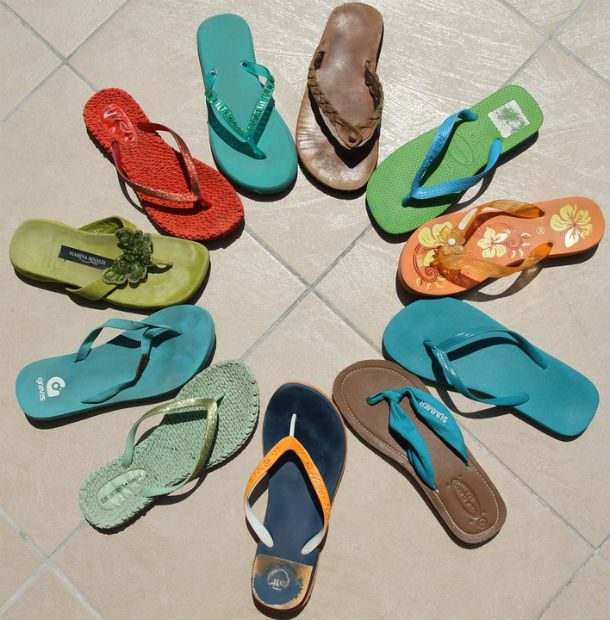 Source: http://mentalfloss.com
Source: http://mentalfloss.com In the United Kingdom, Australia, Ireland and New Zealand, throwing up a "peace sign" (with palm facing you) is not seen as peaceful. It's actually the same as giving the middle finger in the US. Why? Legend says the "two fingered salute" started with Longbowmen fighting for England during the Hundred Years' War. When French would capture the archers they would cut off these two fingers, making them ineffective. Therefore showing those two fingers still being intact was a gesture of defiance against the enemy. However, there is no historical sources to support this legend.
 Source: http://nypost.com/
Source: http://nypost.com/ When in Turkey, never point the sole of your foot towards a person. Also, don't put your hands in your pockets or on your hips, as this is a sign of disrespect.
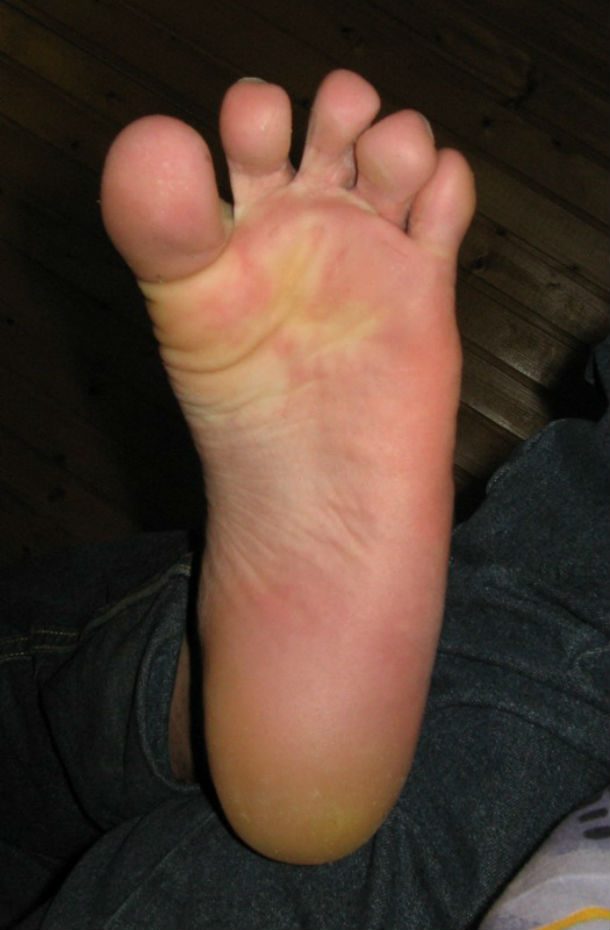 Source: http://www.ediplomat.com
Source: http://www.ediplomat.com In Vietnam, crossed fingers is a symbol of, ahem, a specific female body part. So don't so that there, unless you're intending to be vulgar (you shouldn't go to another country as a visitor and be vulgar, just so we're clear).
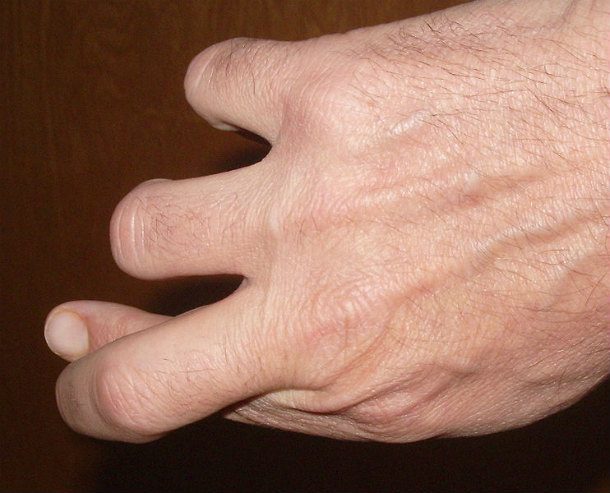 Source: http://www.huffingtonpost.com
Source: http://www.huffingtonpost.com Don't laugh with your mouth open in Japan. It's considered rude and horse like. Well...okay then. Conversely, in India they have groups that meet together and just laugh out loud because laughter is very good for you.
 Source: http://www.businessinsider.com
Source: http://www.businessinsider.com Being late and being on time. In Germany, if you're just a few minutes late it's considered very rude, as if you value your time more than others. But in places like Argentina, if you show up on time it can be considered a bit rude, almost like being early.
 Source: http://www.businessinsider.com
Source: http://www.businessinsider.com Lists Going Viral Right Now
Image Credits: 1. Public Domain, 2. Emanuele Spies from São Leopoldo, RS, Brasil via commons.wikimedia.org CC BY 2.0, 3. EncMstr via commons.wikimedia.org CC BY-SA 3.0, 4. User:Quetzalothep via commons.wikimedia.org CC BY-SA 3.0, 5. Mick and Rortles via en.wikipedia.org CC BY-SA 4.0, 6-10. Public Domain, 11. Shutterstock, 12-16. Public Domain, 17. Dina Said via en.wikipedia.org CC BY-SA 4.0, 18-22. Public Domain, 23. 1ur1 via commons.wikimedia.org CC BY 2.0, 24-25. Public Domain.



























